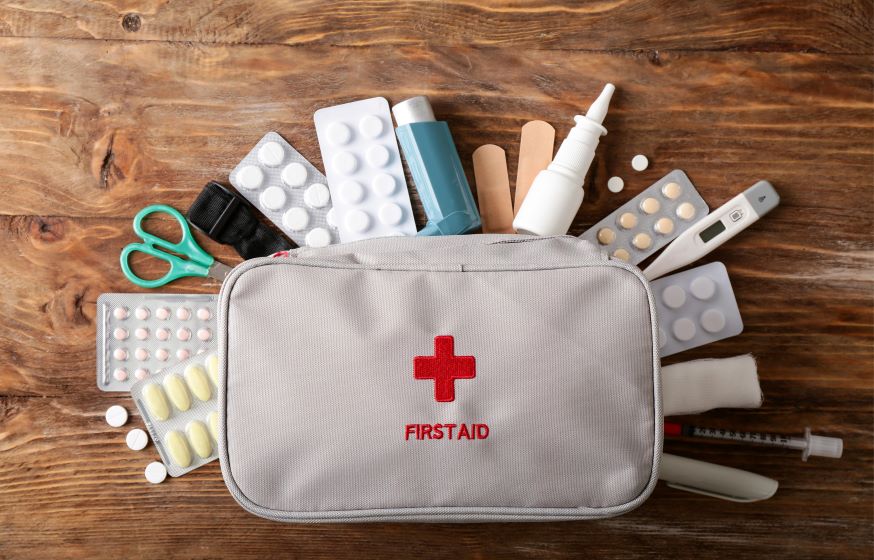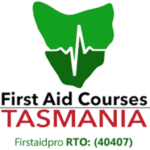10 Tips for a Healthy Pregnancy: A healthy pregnancy is one of the best ways to promote a healthy birth.
With all the pregnancy information from the internet, books, family, and friends eager to help, it can be overwhelming. With the amount of information available, how can you know what is best for you and your body?
Here, we have put together 10 tips you can follow for a safe, healthy pregnancy.
Your Guide To A Healthy Pregnancy
Having a baby can be a wonderful experience, but it can also be a time of challenges and uncertainty.
Many parents have questions and concerns as they face different stages of pregnancy. With all the advice coming from everyone, it can be overwhelming and tough to know who to listen to. This is why having accurate information is important.
Having the right knowledge about what is acceptable and what is not allows you to take care of yourself before, during, and after pregnancy,
If you are pregnant or planning to have a baby soon, this guide is for you.
10 Tips For A Health Pregnancy
Follow these simple tips to stay healthy and safe throughout your nine-month pregnancy journey.
1. Eat A Variety Of Healthy Foods
Eating a healthy and balanced diet during pregnancy is important because a woman’s body needs extra nutrients to support the growth and development of the fetus. Certain nutrients, such as folic acid, iron, and calcium, are especially important during pregnancy.
Eat plenty of colorful fruits and vegetables, whole grains, calcium-rich foods, and foods low in saturated fat.
A well-balanced diet during pregnancy also helps the baby develop a healthy immune system and reduces the risk of developing chronic diseases later in life.
2. Make A Birth Plan
A birth plan is a written document that outlines a pregnant woman’s preferences and goals for her labor and delivery. Having a birth plan can help communicate her wishes to the healthcare providers and ensure that the birth experience aligns with her values and preferences.
A birth plan can also give you a sense of empowerment and control over the birthing process, which can help you feel more relaxed and confident during labor and delivery.
3. Take Prenatal Vitamins
Prenatal vitamins contain a range of essential nutrients that support the health of the mother and the developing fetus. These nutrients include folic acid, iron, calcium, and vitamin D, among others.
Prenatal vitamins can also provide other important nutrients, such as iodine and vitamin B12.
All these vitamins and minerals are essential for a healthy pregnancy and baby development and may not be obtained from diet alone. So prenatal vitamins can be a good way to get the necessary nutrition for a healthy pregnancy.
4. Drink More Water
Proper hydration is essential for the health of both the mother and the developing fetus. The body’s water needs also increase as the volume of blood in the body increases to help with the production of amniotic fluid.
Dehydration can cause the blood volume to decrease, which can make it harder for the heart to pump blood to the placenta and deliver oxygen to the fetus. This can lead to a host of potential issues, including preterm labor, low birth weight, and in some severe cases, a higher risk of stillbirth.
Also, staying hydrated can help prevent headaches and fatigue and keep the skin looking healthy.
5. Get Some Exercise
Moderate physical activity during pregnancy can help to reduce the risk of complications such as gestational diabetes, hypertension, and preeclampsia. It also helps improve cardiovascular and muscular fitness, making it easier for a woman to cope with the physical demands of pregnancy and childbirth.
Exercise during pregnancy can also help to improve sleep, reduce stress and anxiety, and promote overall emotional well-being. It can also lead to easier and shorter labor and delivery.
It is important to note that pregnant women should consult their healthcare provider before starting any new exercise routine. Avoid any high-risk exercises or activities that may cause trauma to the abdomen.
Some of the activities that are recommended include walking, swimming, cycling, prenatal yoga, and strength training (with light weights).
6. Learn Stress Management
Following stress management techniques can help pregnant women to better cope with the physical and emotional changes of pregnancy, as well as with the daily stressors.
Effective stress management techniques can include practices such as deep breathing, yoga, meditation, progressive muscle relaxation, and journaling.
Engaging in these techniques can help to reduce the physiological response to stress, such as increased heart rate, asthma attack, and high blood pressure, which can improve overall health outcomes.
7. Avoid Alcohol And Smoking
Alcohol consumption during pregnancy can lead to various serious birth defects and developmental disorders known as fetal alcohol spectrum disorders (FASDs).
While a pregnant woman smoking can also have serious negative effects on the health of the developing fetus. Both habits can lead to a range of problems, including low birth weight, preterm delivery, and congenital disabilities.
Therefore, it is recommended that women should avoid alcohol and smoking altogether during pregnancy to give their babies the best chance of healthy birth and healthy development.
8. Prioritise Rest
Pregnant women should get enough rest because the physical and hormonal changes that occur during pregnancy can cause fatigue, making it harder to get a good night’s sleep.
Proper rest can help ensure that the mother has the energy to care for herself and her growing baby and can also help reduce the risk of complications during pregnancy.
9. Take Care Of Your Mental Health
Taking care of mental health during pregnancy may mean getting enough sleep, finding ways to manage stress, staying connected with friends and family, and seeking support from a therapist or counselor.
It is important for pregnant women to be aware of the signs and symptoms of mental health conditions and to seek help early if needed.
Openly talking about mental health concerns with a professional and getting appropriate treatment can improve the mother’s mental health and her baby’s health.
Learn mental health first aid for best practice.
10. Learn First Aid
Learning first aid is vital to ensure a healthy pregnancy because it can help to prepare a woman and her family for unexpected emergencies.
Complications such as bleeding, high blood pressure, or fever can occur during pregnancy. Knowing how to properly measure vital signs such as blood pressure and temperature and how to perform a quick check for bleeding is important. Having this knowledge also allows you to assist in providing necessary information for healthcare providers for further care.
First Aid: Adaptations For Pregnancy
First aid is not a one size fits all approach, especially during pregnancy. There are circumstances that require changes or adjustments in the way first aid and administered.
Due to the anatomical and physiological changes during the pregnancy, precautionary measures must be applied.
There are also instances where bystanders hesitate to administer first aid due to fear of harming the mother or the baby. Therefore, it is important to know what steps to take in an emergency.
Takeaway
The pregnancy journey is one of the most challenging parts of becoming a parent. We want to become prepared and make sure that the baby is safe before, during, and after the delivery.
We hope the ten tips above will help you have a safe, healthy pregnancy.
Interest in learning first aid? Visit our course page for more information.








